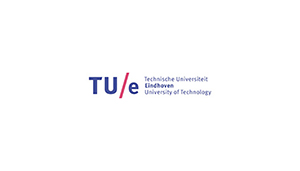 Researchers from the Eindhoven University of Technology have developed the 1st “DNA computer” that can detect several antibodies in the blood and perform calculations based on what it detects. The team published their work in Nature Communications and said that it’s an important step towards developing smart drugs that allow for more targeted and controlled medication delivery.
Researchers from the Eindhoven University of Technology have developed the 1st “DNA computer” that can detect several antibodies in the blood and perform calculations based on what it detects. The team published their work in Nature Communications and said that it’s an important step towards developing smart drugs that allow for more targeted and controlled medication delivery.
The researchers described their DNA computer as a security system that can open a door depending on the person standing in front of it. In other words, the computer can recognize the antibodies in a person’s blood and determine whether or not to release a medication.
“Research into diagnostic tests tends to focus on the ‘recognition’, but what is special about this system is that it can think and that it can be connected to actuation such as drug delivery,” lead author Maarten Merkx said in prepared remarks.
DNA molecules, which carry genetic information, are useful for performing molecular calculations – a sequence within a DNA molecule can determine if its compatible to react with other DNA molecules. Biomedical applications of DNA computers have been limited in the past, but Merkx’s team is the 1st to use antibodies with a DNA computer.
Based on the presence of 1 or more antibodies, the molecular computer can decide whether drug delivery is necessary, the team said.
“The presence of a particular DNA molecule sets in motion a series of reactions whereby we can get the DNA computer to run various programs,” 1st author Wouter Engelen said. “Our results show that we can use the DNA computer to control the activity of enzymes, but we think it should also be possible to control the activity of a therapeutic antibody.”
Therapeutic antibodies, including the ones used to treat chronic diseases such as rheumatism and Crohn’s disease, could benefit from controlled and targeted drug delivery, according to Merkx.
“By directly linking the measurement of antibodies to the treatment of the disease, we may be able to prevent side-effects and reduce costs in the future,” Merkx said.
